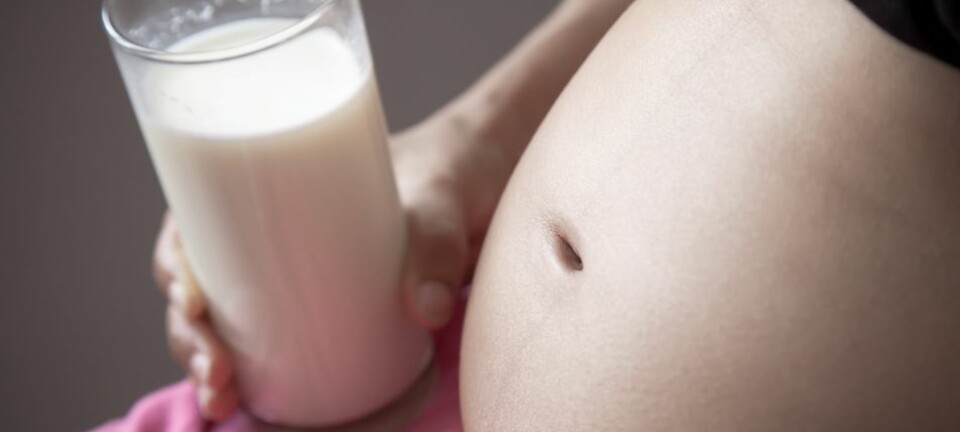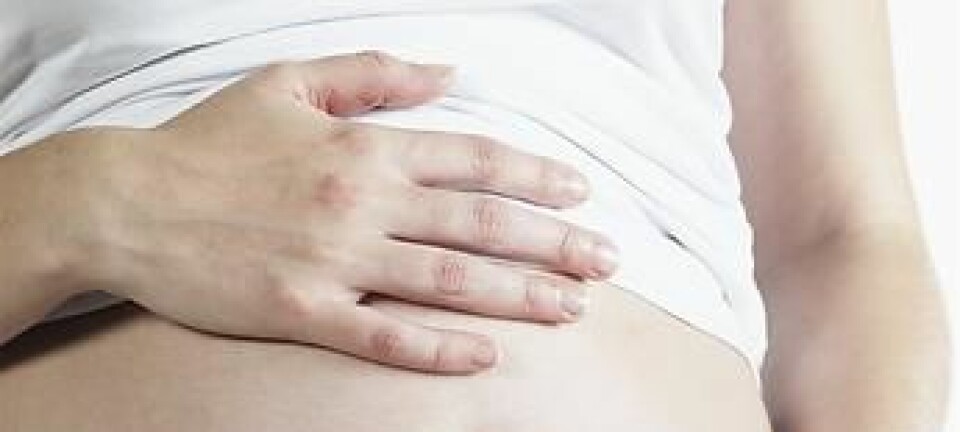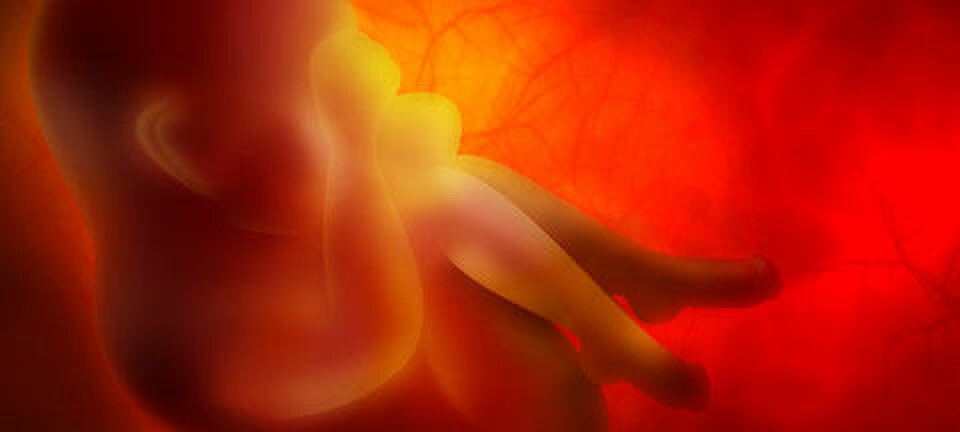
Miscarriages increase risk of serious blood clots
Suffering a miscarriage or a stillbirth increases a woman’s risk of clogged arteries around her heart, brain or kidney, says new study. But there’s no cause for panic, says researcher.
Women who have suffered several miscarriages or given birth to a dead baby are twice as likely as other women to get atherosclerosis, according to a new Danish population study.
Atherosclerosis, also known as ‘hardening of the arteries’ can lead to serious blood clots.
”We have studied how often women who have had miscarriages also suffered from clogged arteries around the heart, brain or kidney later on in life, and we found a clear correlation: The more miscarriages the women had undergone, the higher the risk,” says Mattis Flyvholm Ranthe, MD, and PhD student at the Department of Epidermiology at the Danish State Serum Institute (SSI).
A million pregnant women
Ranthe and colleagues analysed data from the Danish National Patient Register on one million women, who were pregnant in the period 1977-2008.
They found that:
We have studied how often women who have had miscarriages also suffered from clogged arteries around the heart, brain or kidney later on in life, and we found a clear correlation: The more miscarriages the women had undergone, the higher the risk.
- For each miscarriage a woman undergoes, her relative risk of suffering atherosclerosis later on in life increases by 10-20 percent.
- Women who have had four or more miscarriages, or who had suffered a stillbirth, are twice as likely to get atherosclerosis at some point in their lives.
The findings, published in the journal Circulation, confirm previous, though less comprehensive, studies which also found a correlation between miscarriages and subsequent atherosclerosis.
Genes, biology and lifestyle
It’s too early to say exactly how miscarriages and stillbirths link up with atherosclerosis.
It may be something in the genes that makes some women predisposed to miscarriages as well as atherosclerosis. It may also be that the miscarriages initiate a process inside the woman’s body, which later increases her risk of getting atherosclerosis.
Or perhaps there is something in the woman’s lifestyle or environment that has a particularly bad effect on her health. This last option is become increasingly unlikely, says Ranthe:
”In our study, we took into account whether the women had diabetes, high blood pressure and whether they smoked. Other researchers have also adjusted for Body Mass Index and education level,” he says.
“This way we can narrow down the possibilities that factors related to lifestyle and the environment are to blame for both miscarriages and atherosclerosis.
“But in this type of study you can never rule out all factors.”
Next up for Ranthe and his colleagues is a new study in which they will be looking at whether the siblings of women who have miscarried also have an increased risk of atherosclerosis. If that turns out to be the case, it may indicate that they share some special genetic predisposition to both atherosclerosis and miscarriage.
Do not panic, women!
Although the new study found a clear correlation between miscarriages, stillbirths and atherosclerosis later in life, there is no reason to panic if you are a woman who has suffered a miscarriage, says the researcher:
”Miscarriages are very common, but out of the one million women we monitored in the period 1977-2008, only 10,000 had both a miscarriage and had atherosclerosis. The correlation between atherosclerosis and smoking, a bad diet or lack of exercise is much stronger on the whole.
Ranthe hopes the new findings will help improve the prevention of cardiovascular disease and atherosclerosis around the heart, kidney and the brain:
”Our findings indicate that it might be a good idea to check for complications during a woman’s pregnancy when assessing her risk of atherosclerosis. But we’re not saying that all women who have miscarriages should be checked for atherosclerosis. That would be careless.”
------------------------
Read the Danish version of this article at videnskab.dk
Translated by: Dann Vinther











